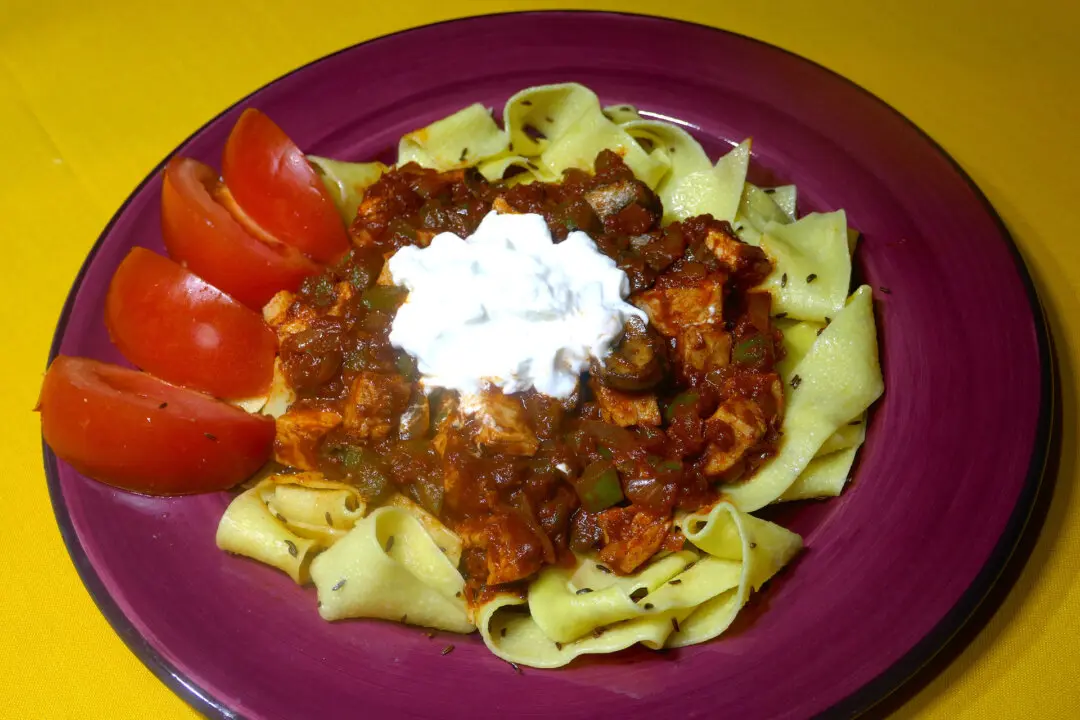By Gretchen McKay
From Pittsburgh Post-Gazette
With the 2024 Summer Olympics recently in Paris, many of us are thinking about French food—specifically, how to cook some of the iconic bistro dishes those lucky enough to score tickets to one of the events might have been enjoying in the City of Light.






